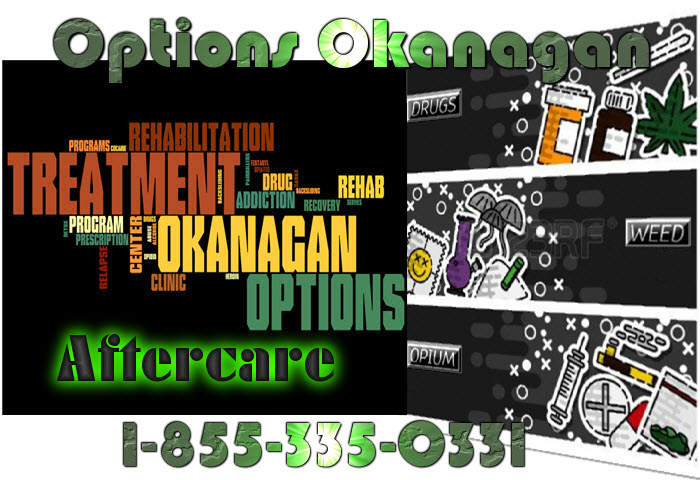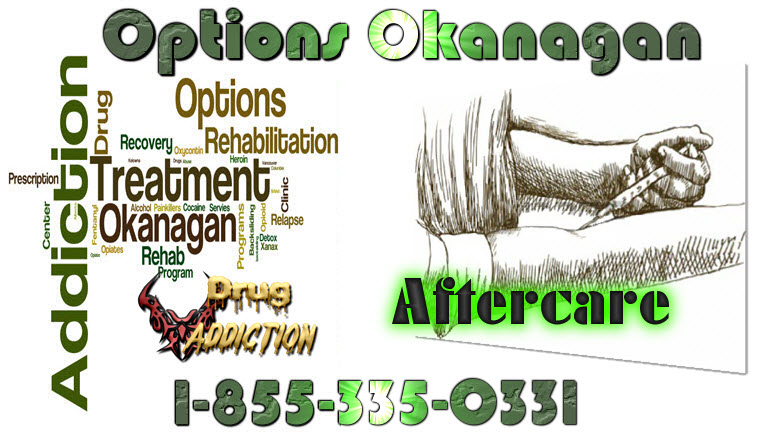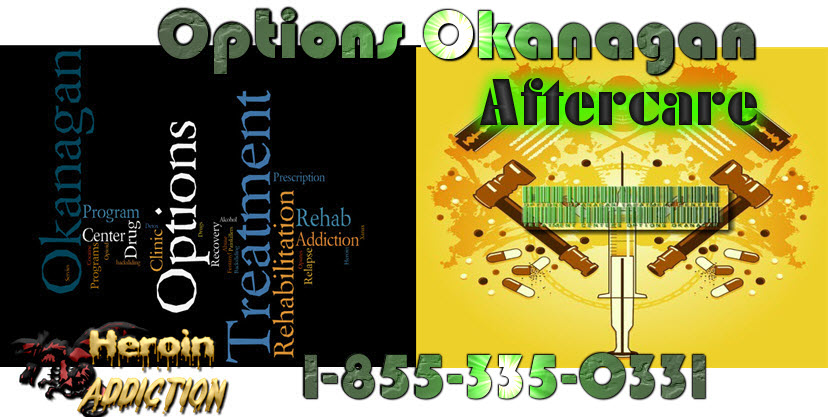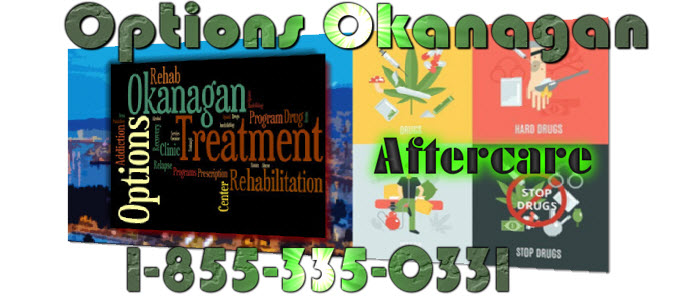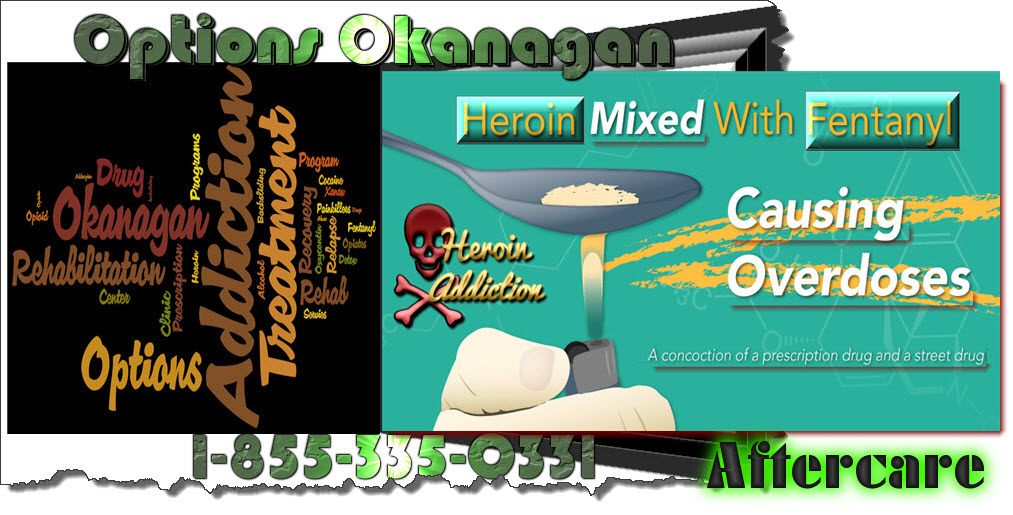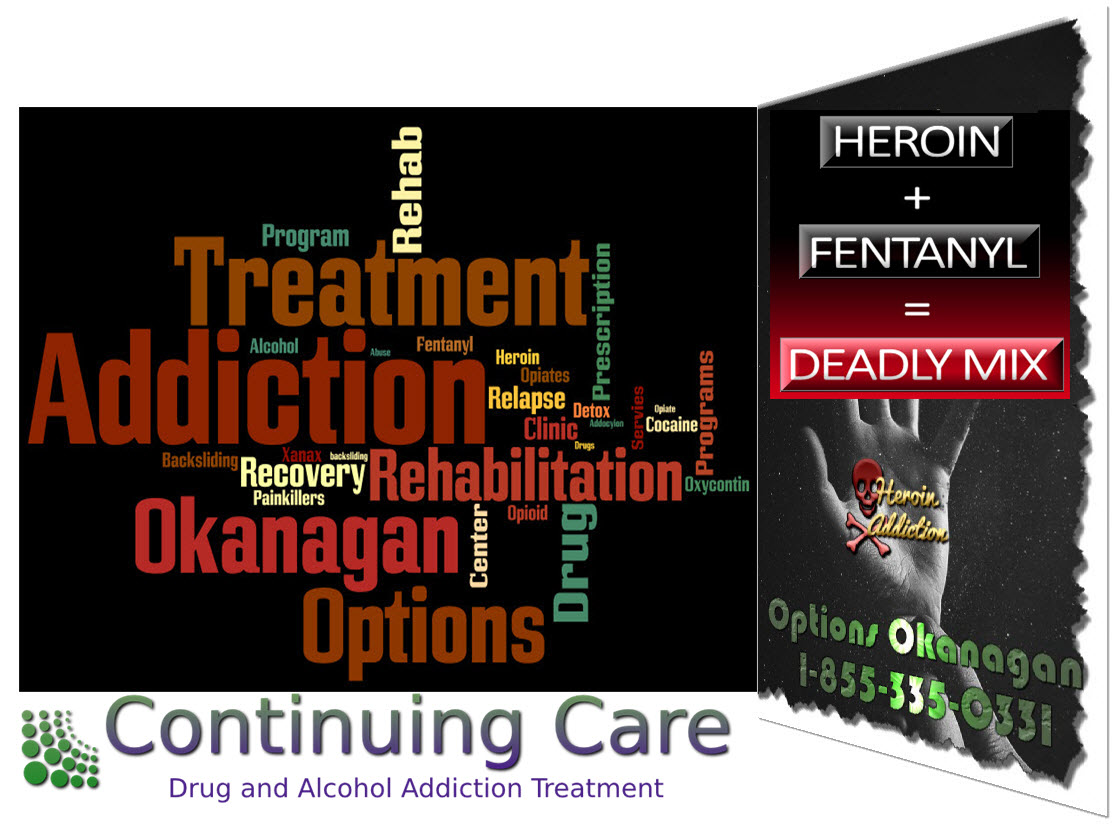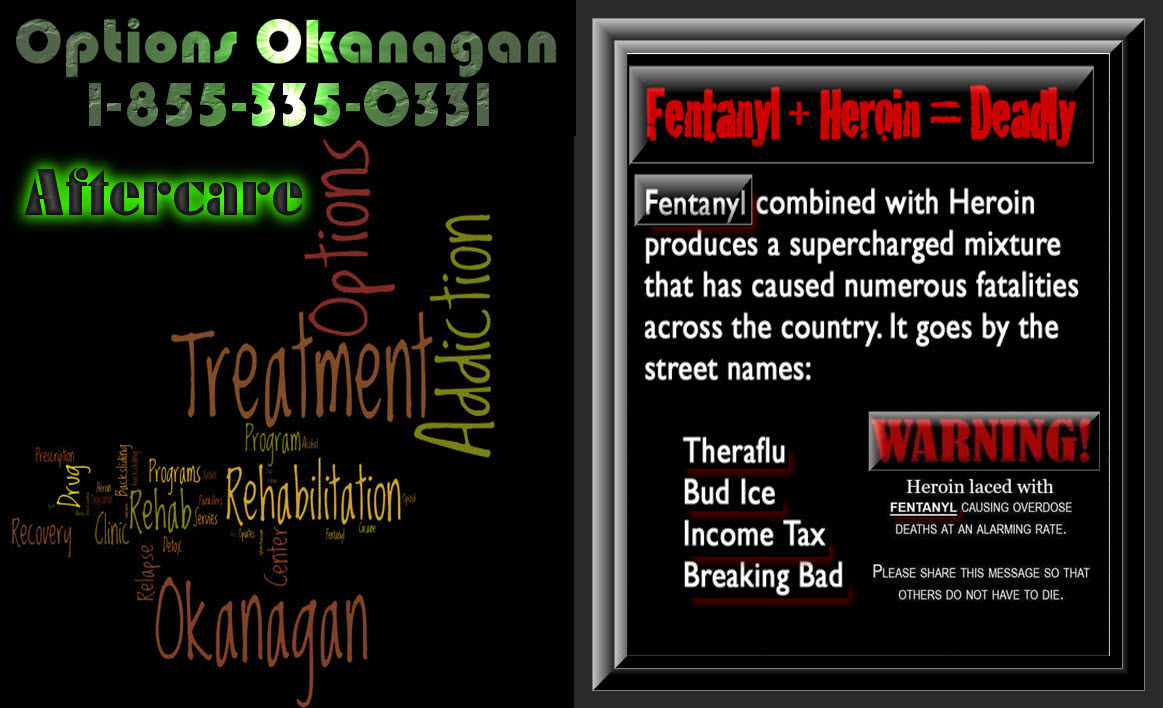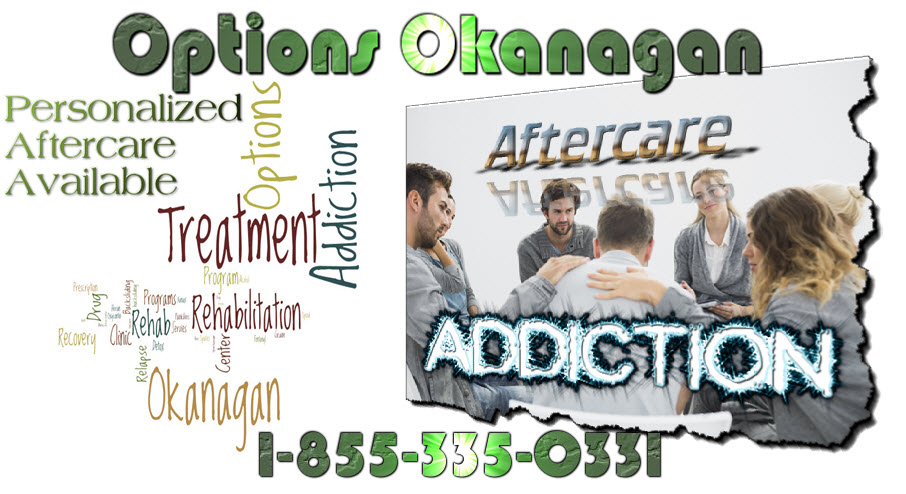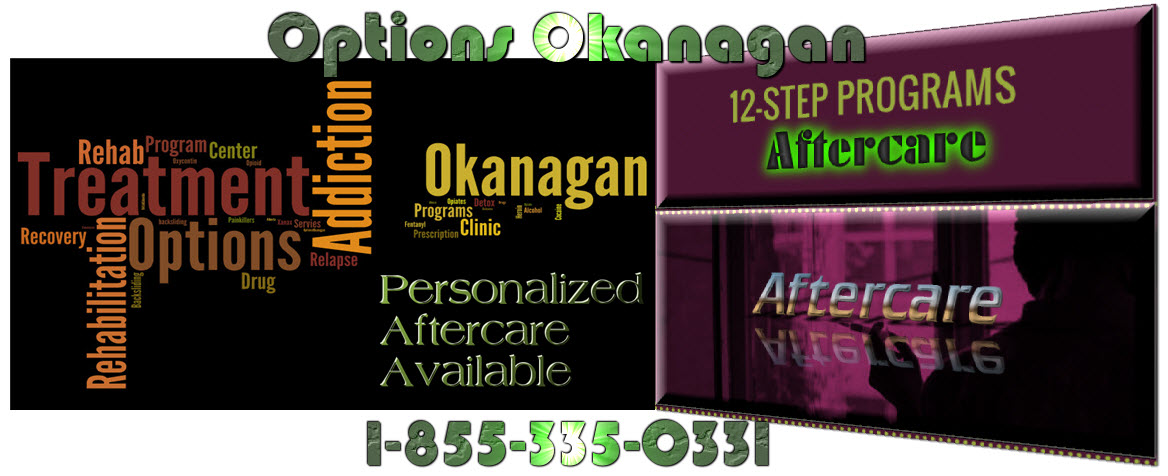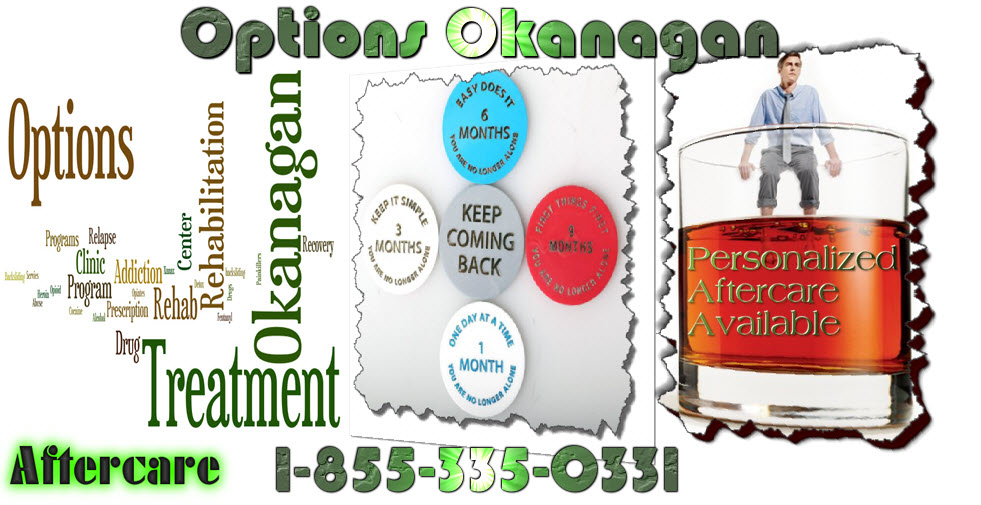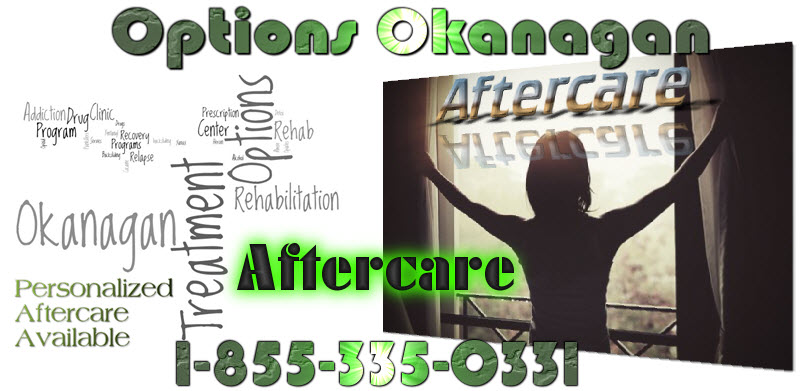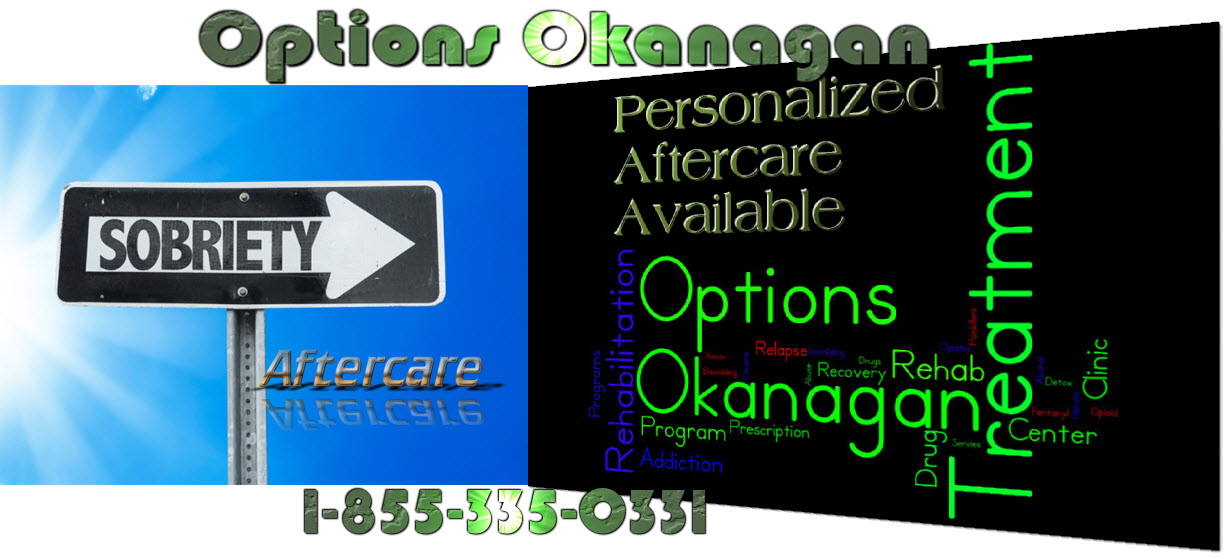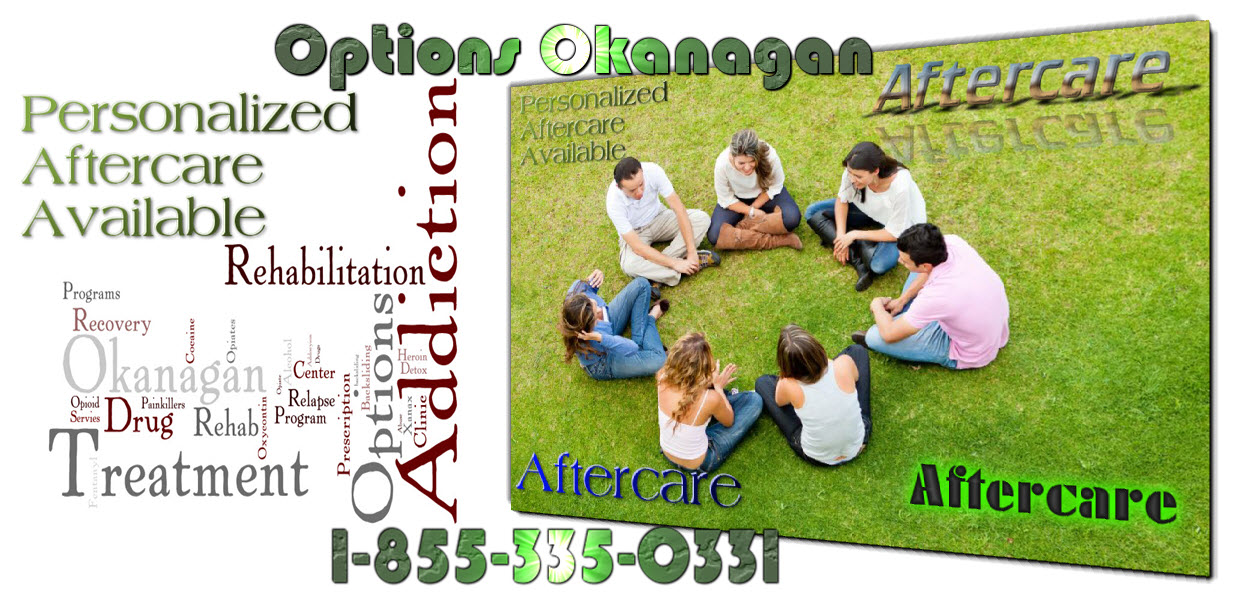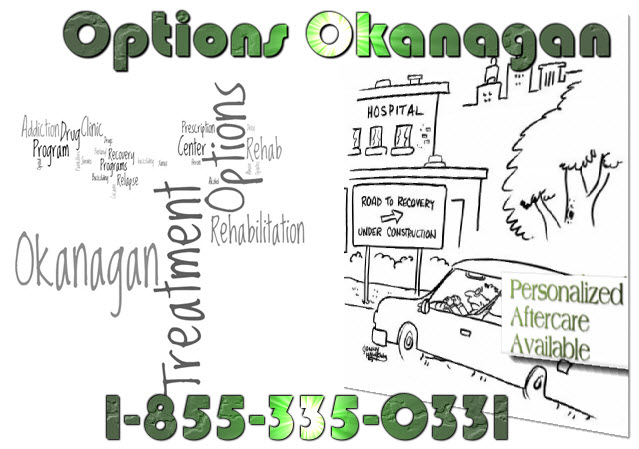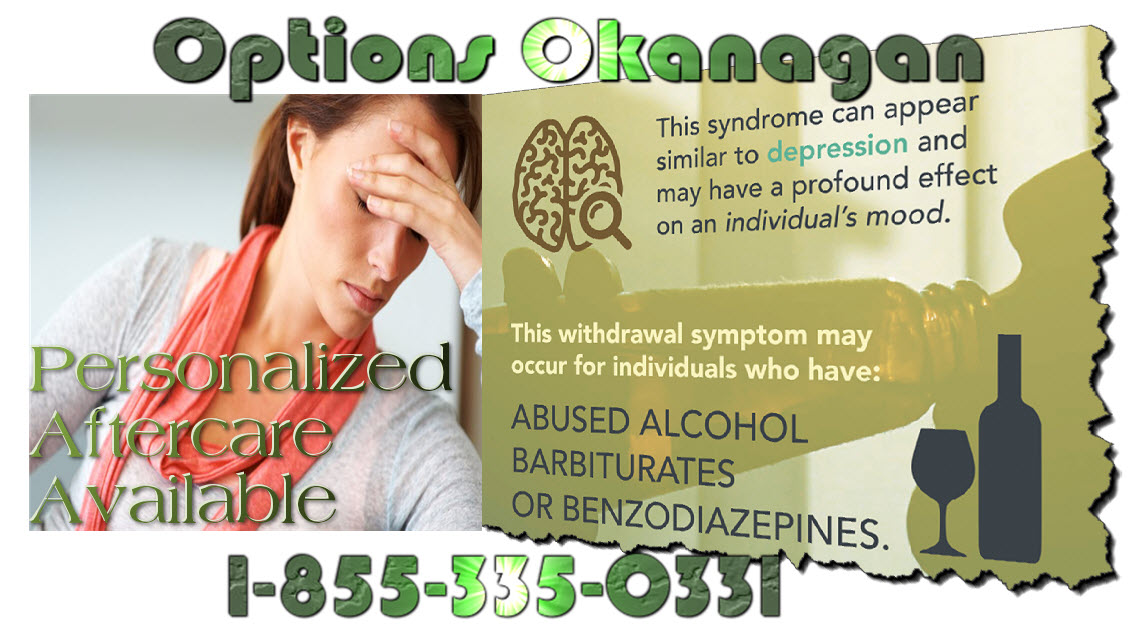VANCOUVER, BRITISH COLUMBIA: The Latest Drug Epidemic: Synthetic Opioids Like Fentanyl, W-18, And Krokodil in Vancouver, Victoria and Kelowna, British Columbia – Options Okanagan Treatment Centers in Kelowna, British Columbia treating opiate and alcohol addiction and recovery.
Throughout North America, demand for opioids is troublingly high. Illicit usage is rampant, from classic heroin abuse to non-medical use of strong prescription painkillers. This problem has gotten worse over time. Years 2014 and 2015 saw all-time highs for drug overdose deaths in North America, with more than 83,000 people dying. Opioids were the drugs responsible for 64 percent of those cases. Seeking the source of the continent’s strange obsession with these drugs leads one to consider irresponsible behavior in the healthcare industry, a record high number of chronic pain cases (over 110 million), or the slippery slope leading from pharmaceutical painkillers to illicit drugs like heroin.
As though our relationship with opioids wasn’t scary enough, the latest news on the subject reveals a rising tide of brand-new synthetic opioid drugs that might well make the situation worse. Like other synthetic drugs, synthetic opioids are chemical mixtures designed to reproduce the euphoric and anesthetic effects of naturally-based opiates (e.g. morphine and codeine). One distinction to this new class of drug is that it breaks down into two sub-families: the synthetic opioids and the semi-synthetic opioids.
Synthetic Opioids Defined
Opiates are drugs that originally come from the resin harvested from opium poppies. It’s the plants’ natural alkaloid ingredients that give the drugs their potency. Only codeine, opium, and morphine are considered to be truly natural opiates. Drugs that have been derived from these opiates – both pharmaceuticals like Oxycodone and narcotics like heroin – are called “semi-synthetic” due to the processing required to create them.
Synthetic opioids are those drugs that owe none of their effects to compounds that originally come from poppies or the natural opiates. The particular chemicals used to imitate the effects of natural opiates vary widely; specifics can vary from drug to drug and even from chemist to chemist. It is this extreme diversity of recipes that make illicit synthetic opioids so dangerous. Without the sort of strict quality controls employed in a pharmaceutical setting, the potency of a given opioid is virtually always an unknown. Today the three most common synthetic opioids being abused are fentanyl, W-18, and krokodil.
More On Fentanyl
Semi-synthetic opioids like oxycodone and heroin are dangerous enough on their own; when they’re combined with fentanyl their potency and risk increase exponentially. Fentanyl is an extremely strong prescription drug that’s usually prescribed to treat the extreme pain that comes after the completion of surgery. Healthcare professionals describe it as being 100 times as strong as morphine and 50 times stronger than heroin. Nonmedical usage of fentanyl is on the rise, and law enforcement personnel have seen fentanyl turn up in seized heroin and other illicit opioids. This growing problem has government agencies and experts extremely alarmed.
The issue of fentanyl abuse first came to light in the 1980s. In recent years the drug has undergone what can only be described as an explosion in popularity. The National Forensic Laboratory Information System (NFLIS) tracks drug analysis requests across the nation. In 2013, state and municipal drug labs tested 950 different samples of fentanyl. In just one year, that number rose to 3,500 sample submissions in 2014.
Fentanyl is being used by illegal drug dealers to up the potency of heroin and other opioids while also decreasing the wholesale cost of the drugs. This has led to a significant number of serious medical complications when unsuspecting users dose themselves with far more potent drugs than they were expecting. This is frequently life-threatening. The Drug Enforcement Administration (DEA) issued a special alert to law enforcement agencies across the nation in April of 2015 regarding the rising tide of fentanyl abuse.
W-18 And Krokodil
Krokodil is a street drug that earned its name in the grimmest possible fashion: It turns the skin of habitual users green and eventually causes it to rot.
Though fentanyl is still the most pressing synthetic opioid problem the nation is facing, krokodil and W-18 are coming right behind it. W-18 is still a very mysterious drug, and its very classification as an opioid is not entirely assured. It does have extremely potent analgesic effects, delivering an experience 100 times stronger than fentanyl and 10,000 times stronger than natural morphine. This is another synthetic drug which has been around since the 1980s. It was never entered into the clinical testing process for development as a legitimate medication. So far very little W-18 has made it into the United States, but it is showing up more frequently in Canada. This proximity is making many law enforcement officials nervous.
Krokodil is formally known as desomorphine. It’s actually a semi-synthetic opioid which is created by combining adulterants with codeine. Examples of the kinds of chemicals used include iodine, paint thinner, red phosphorous, gasoline, hydrochloric acid, and lighter fluid. Krokodil got its start in Russia as a bargain-basement alternative to heroin, and today it’s come to North America.
An Industry Of Constant Change
The rogue chemists who feed the nation’s demand for illicit opioids are always busy. Law enforcement agencies are constantly scrambling to shut down specific drugs and formulas, but this does not stop the creators from inventing new mixtures and new opioid analogs.
Options Okanagan Opiate and Alcohol Treatment Centers in Kelowna, Salmon Arm and Vancouver, British Columbia – Men and Women are recovering and healing from Alcohol and Drug Abuse at our treatment center here in the Okanagan right now.
Our unique and distinctive Opiate Drug and Alcohol treatment program allows men and women to come in from Calgary as well as Edmonton as we offer airport pickup.
Numerous clients come to us from Vancouver, Calgary and Edmonton and other locations in Alberta and even other provinces for Opiate addiction treatment, heroin drug treatment, many other drug and alcohol addictions for rehabilitation because of the uniqueness of our treatment center.
Our Treatment Location:
Options Okanagan Opiate Treatment Center
551 Sherrydale Crescent, Kelowna, British Columbia, V1V 2E6
Toll Free Phone Number : 1-855-335-0331

